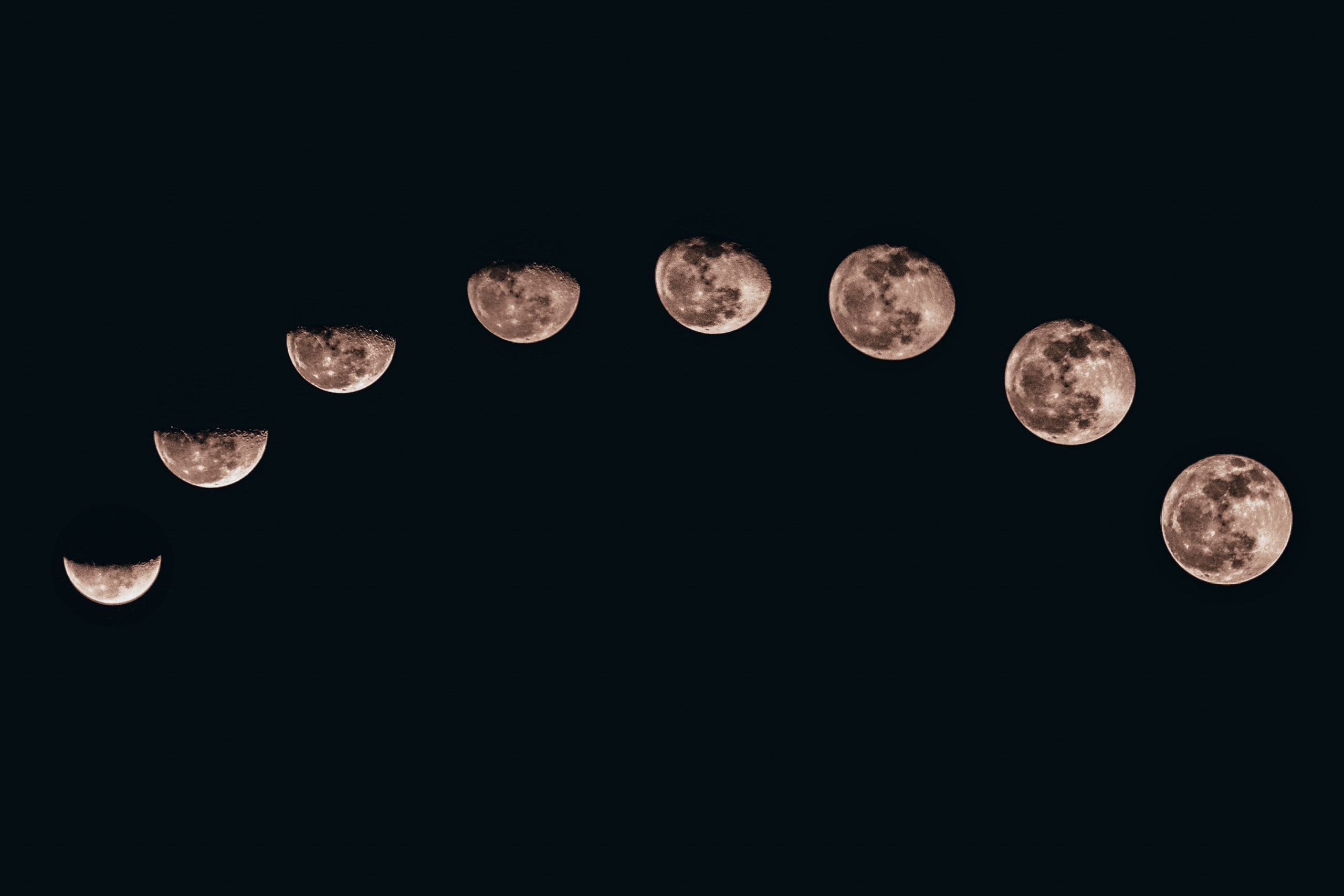What Are the 5 Chinese Elements?
The Chinese culture is rich in its ancient traditions and beliefs, one of which involves the concept of the five elements. These five elements are seen as the building blocks of the universe, representing different energies and qualities that exist in both the physical and spiritual realms. In Chinese philosophy, each element is associated with various aspects of life, including seasons, colors, directions, emotions, and even personality traits. In this blog post, we will explore the five Chinese elements in detail and understand their significance.
The Origins of the Five Elements
The concept of the five elements, also known as Wu Xing, can be traced back to ancient Chinese philosophy and is believed to have originated during the Zhou Dynasty (1046-256 BCE). Wu Xing provides a framework for understanding the dynamic interplay and transformation of energies in the universe. It’s important to note that the Chinese elements are not to be confused with the Western understanding of elements like fire, earth, air, and water, as they have different meanings and implications.
The Five Elements and Their Associations
The five Chinese elements are Wood, Fire, Earth, Metal, and Water. Each element has unique characteristics and is associated with specific qualities. Let’s delve into each element and explore their correspondences:
1. Wood (Mu)
Wood is associated with growth, flexibility, and creativity. It represents the spring season and is characterized by upward and outward movement. The direction associated with Wood is east. People born under the Wood element tend to possess traits such as ambition, generosity, and adaptability. The color green, the liver organ, and the sound of shouting are also linked to Wood.
2. Fire (Huo)
Fire symbolizes passion, energy, and transformation. It represents the summer season and is characterized by upward movement. The direction associated with Fire is south. Those born under the Fire element are believed to possess qualities like enthusiasm, leadership, and charisma. The color red, the heart organ, and the sound of laughter are also associated with Fire.
3. Earth (Tu)
Earth is associated with stability, nurturing, and grounding. It represents the transitional seasons of late summer and early fall. Unlike the other elements, Earth is not associated with a specific direction. People with the Earth element are believed to possess qualities such as practicality, dependability, and patience. The color yellow, the spleen organ, and the sound of singing are associated with Earth.
4. Metal (Jin)
Metal symbolizes strength, clarity, and precision. It represents the autumn season and is characterized by inward movement. The direction associated with Metal is west. Those born under the Metal element are believed to possess qualities like righteousness, independence, and analytical thinking. The color white, the lung organ, and the sound of weeping are also linked to Metal.
5. Water (Shui)
Water represents fluidity, adaptability, and wisdom. It represents the winter season and is characterized by downward movement. The direction associated with Water is north. People with the Water element are believed to possess qualities such as intuition, sensitivity, and resourcefulness. The color black, the kidney organ, and the sound of groaning are associated with Water.
The Interactions Between the Elements
The five Chinese elements also interact with and influence each other in specific ways, creating a cycle of support and control. This interplay is known as the “productive” and “destructive” cycles:
The Productive Cycle:
| Element | Supports | Represents |
|---|---|---|
| Wood | Feeds | Fire |
| Fire | Creates | Earth |
| Earth | Bears | Metal |
| Metal | Collects | Water |
| Water | Nourishes | Wood |
The Productive Cycle demonstrates how each element supports and enhances the next one in a harmonious flow of energy.
The Destructive Cycle:
| Element | Dominates | Represents |
|---|---|---|
| Wood | Controls | Earth |
| Earth | Absorbs | Water |
| Water | Extinguishes | Fire |
| Fire | Melts | Metal |
| Metal | Cuts | Wood |
The Destructive Cycle shows the controlling and limiting interactions between the elements.
The Influence of the Elements in Chinese Medicine and Feng Shui
Chinese medicine and feng shui, the ancient Chinese practice of harmonizing energy in living spaces, also draw upon the concept of the five elements. In traditional Chinese medicine, an imbalance in any of the elements is believed to lead to physical and emotional disharmony. Practitioners may use specific treatments and herbal remedies to restore balance between the elements and promote overall wellbeing.
In feng shui, the arrangement of furniture, colors, and decorative elements is based on the five elements to create a harmonious and balanced living environment. The elements are utilized to enhance or control certain aspects of life energy (known as “chi”) within a space. For example, adding water features in the eastern part of a room can help activate and invite the energy of growth and abundance associated with the Wood element.
In Conclusion
The five Chinese elements provide a holistic framework for understanding the interconnectedness of all things in the universe. Each element brings its unique energy and qualities, influencing various aspects of our lives. By recognizing the significance of the five elements, we can gain a deeper understanding of ourselves, our environment, and the energetic dynamics at play in our lives.
Whether you are exploring Chinese philosophy, traditional medicine, or feng shui, the five elements can offer profound insights into the natural balance and harmony of the world around us.
Table of Contents
